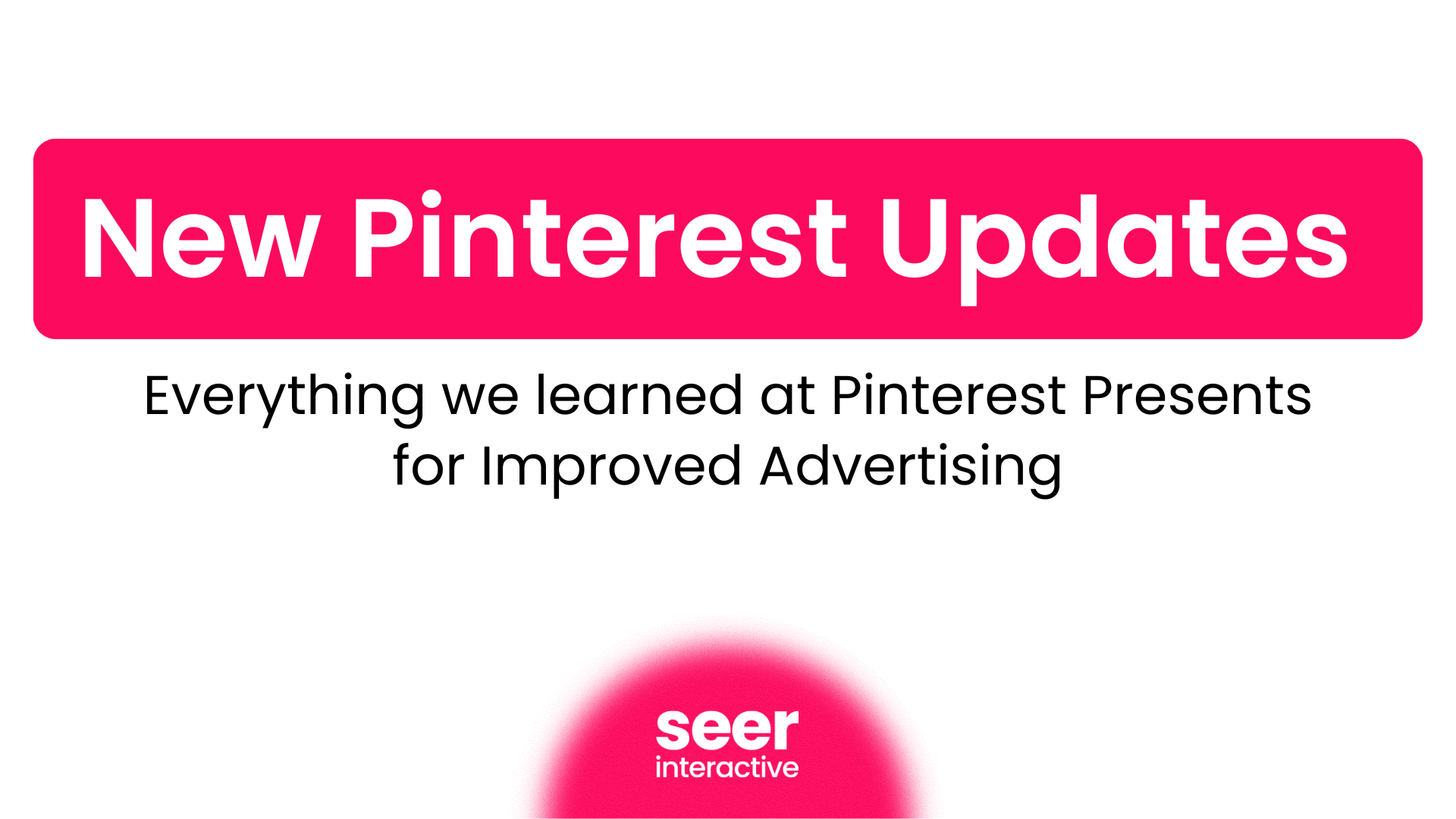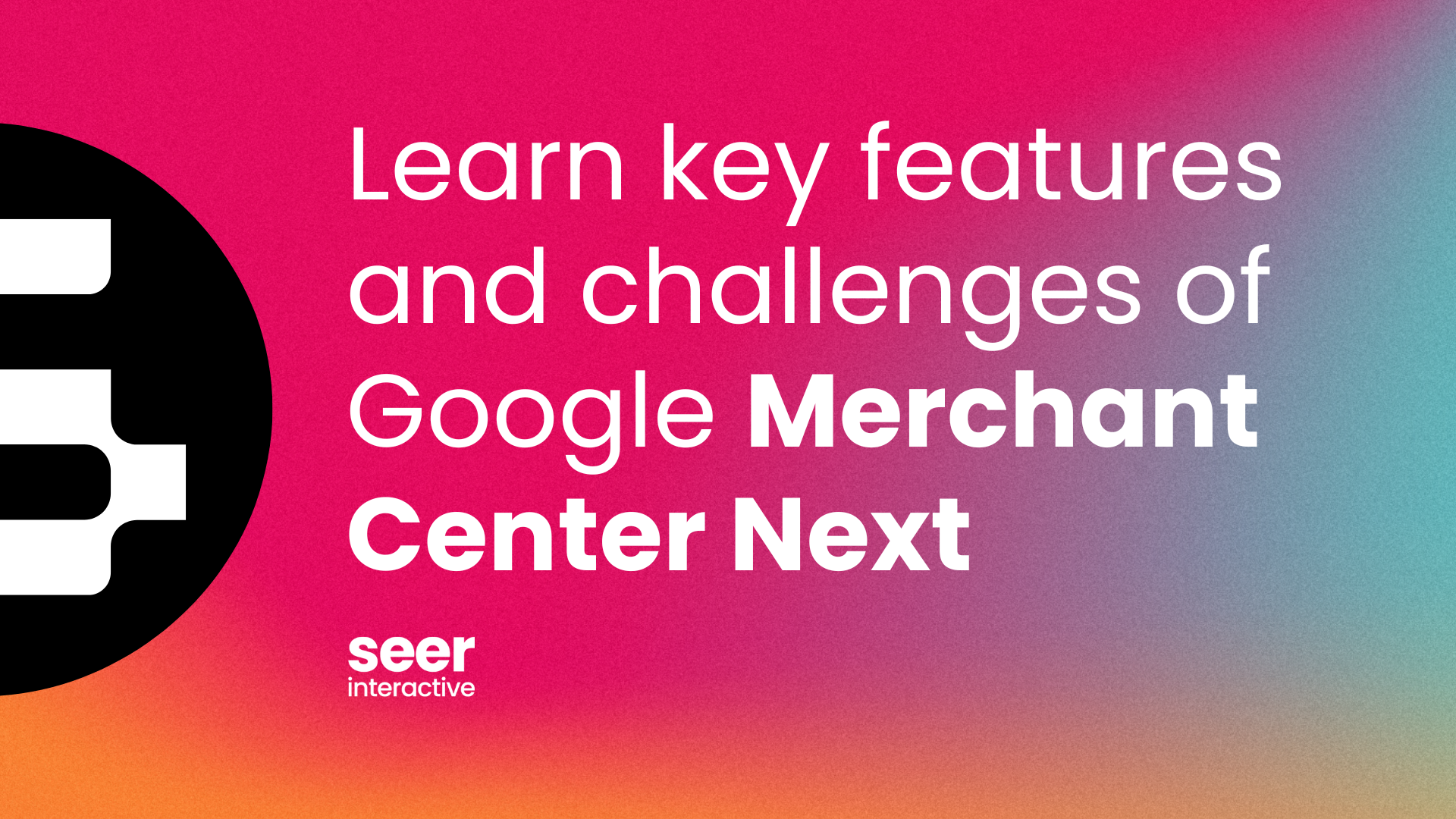Most of us like paying less and getting more.

Source - http://swesmarts.com/wordpress/wp-content/uploads/2013/07/happy_customer.jpg
Here are five ways you can lower your average CPC’s, in prior order from your least to the best options.
5: Lower your bids.
It couldn’t be simpler. Bid less, pay less. However, actual/average CPC can often be less than your bids, because you only pay the ad rank necessary to show ahead of the person below you.

In this situation, all advertisers would have to cut their bids substantially (at least 15%) to see any decline in actual CPC's. In addition, advertisers A, B and C would see their positions fall. With lower positions comes a lower CTR, fewer clicks and fewer conversions.
While cutting bids can lower CPC’s, it is not the preferred method to drive down CPC's. If your quality score is 10, conversion rates are great and CPC's are simply too high to be profitable, you may have no choice but to lower bid. However, lowering your bid should not be your first option when trying to lower CPC's.
4: Mine search query reports for negative keywords.
Though the AdWords interface reports quality score by the keyword, quality score is calculated for the combination of the search query and ad. To see actual CPC's decline due to higher quality scores, cut out poor queries that are dragging your performance down or separate them into their own ad groups where you can bid differently.
3: Improve your keyword match type structure.
Quality score is calculated for the combination of the search query and ad, though it's reported in the AdWords interface by the keyword. If you have lots of broad match keywords that show for many search queries, it's hard to know how to optimize your bids, position and CPC's. While you're setting one bid for the broad match keyword, that broad match keyword is likely being matched to many queries with many different quality scores, average positions and actually CPC's in the AdWords auction. This is very tough to manage.
To be able to identify queries with poor CTR's and quality scores (these are the duds that are driving up CPC's) your keywords have to be close to matching your actual search queries. Make your match type structure by ad group as tight as possible if the volume exists in the account. Use ad group negatives to direct traffic to the appropriate ad group extensively. For smaller volume clients, this may not be possible but for bigger accounts, it's key.
2: Improve the landing page user experience.
Landing pages are the second most important variable in quality score, after CTR. See which keywords have a landing page user experience warning and improve those pages. Start by removing popups and including keywords on those pages. Make sure the landing page includes promises and offers made in ad copy. Bing uses meta keywords to calculate Bing landing page user experience – be sure to optimize meta information like you might optimize meta data for SEO.
1: Improve ad copy.
The most important factor in quality score is CTR. Google says about 2/3 or 65% of quality score is CTR. Therefore better ad copy, which gets a higher CTR, will lead to higher quality scores. With higher quality scores, you're likely to see CPC's decline. The natural inclination of search marketers is to focus on bids and keywords, but focusing on ads is important. Test your ads.
There are many tactics to reduce CPC's and I'm sure you can fill the comments section with other ideas. Please do comment, but before you do as a bonus I would like to dispel one myth about CPC's.

Source - Clip Art
Myth - including more ad extensions can lower CPC's. This is not true.
Google now includes the expected impact of ad extensions when deciding what position to show ads in (ad rank) but does not actually modify quality score to do this. In Google's words "If two competing ads have the same bid and quality, then the ad with the more positive expected impact from extensions will generally appear in a higher position than the other.
However, ad extensions won't lower your CPC's because Google doesn't include the expected impact of ad extensions in quality score. Google only uses the impact of ad extensions in ad rank ("two competing ads have the same bid and quality"). It's your QUALITY SCORE divided by the ad rank of the advertiser below you, plus a penny, that determines your actual CPC. Your quality score doesn't change due to extensions.
So the fact that Google is giving you a higher position due to your great expected ad extension impact does nothing to lower your costs. It's still your quality score and the ad rank of the advertiser below you that determines costs. Only your position benefits from a good expected impact of ad extensions.
To be clear, I do recommend utilizing as many ad extensions as possible and whenever relevant. This will improve overall PPC performance. However, it won't lower your CPC's.
There are many tactics to reduce CPC's. What have you found work well?


